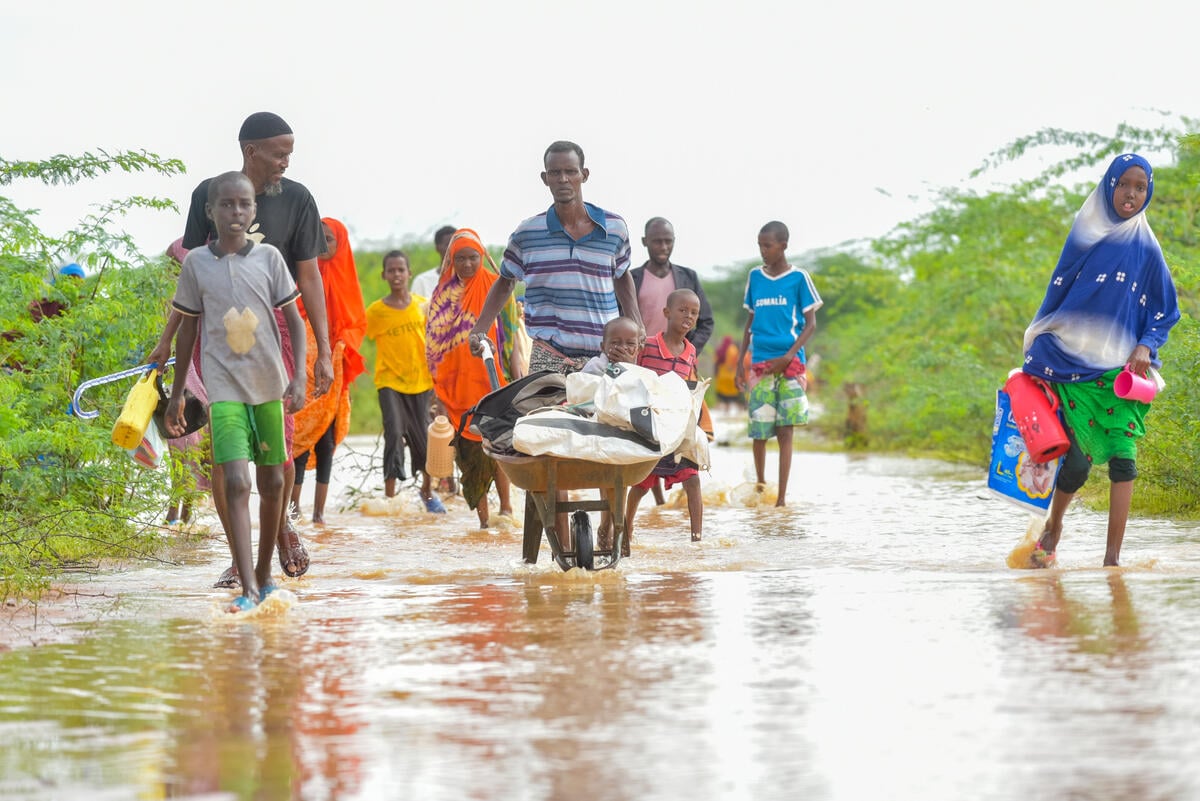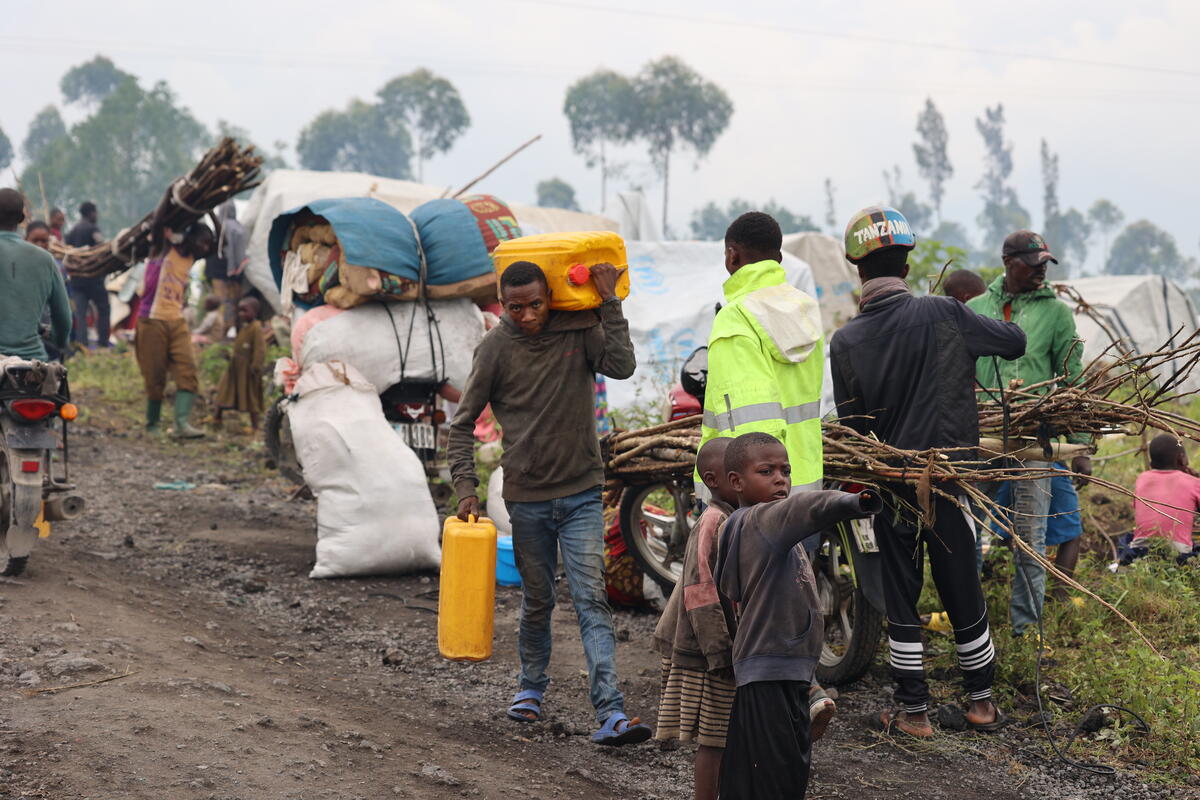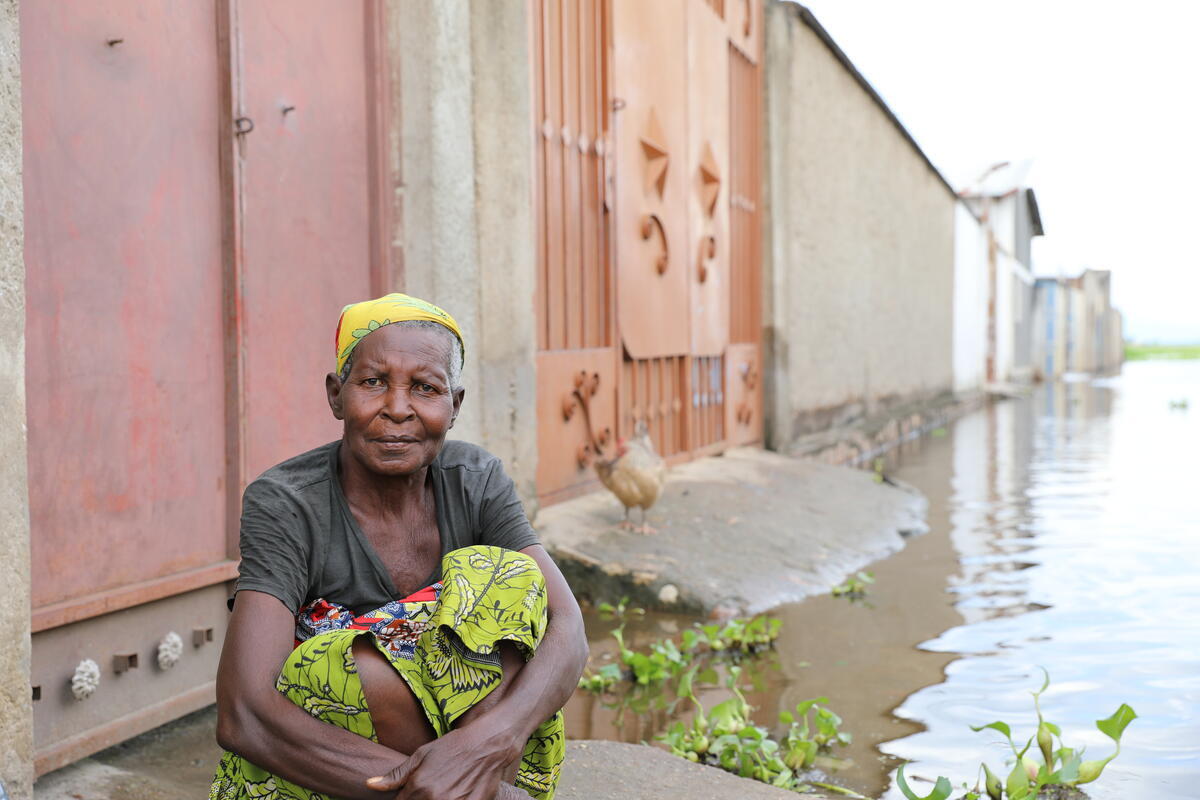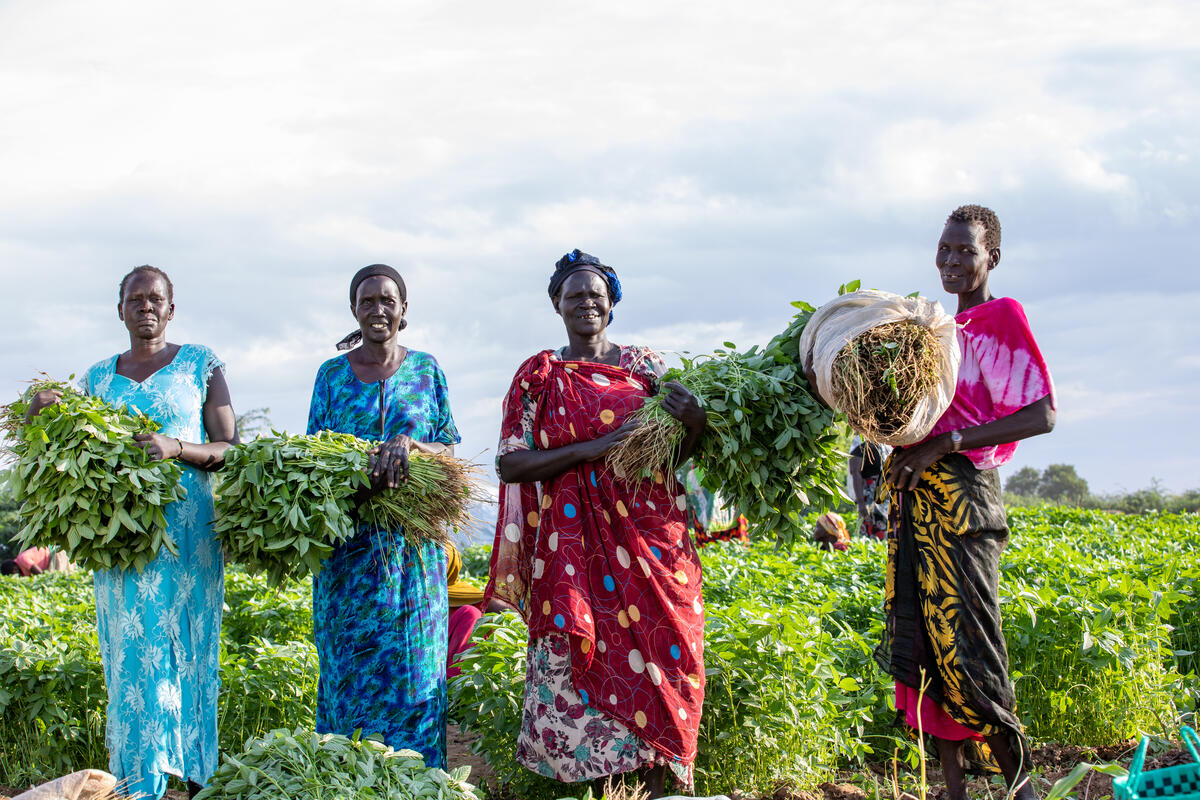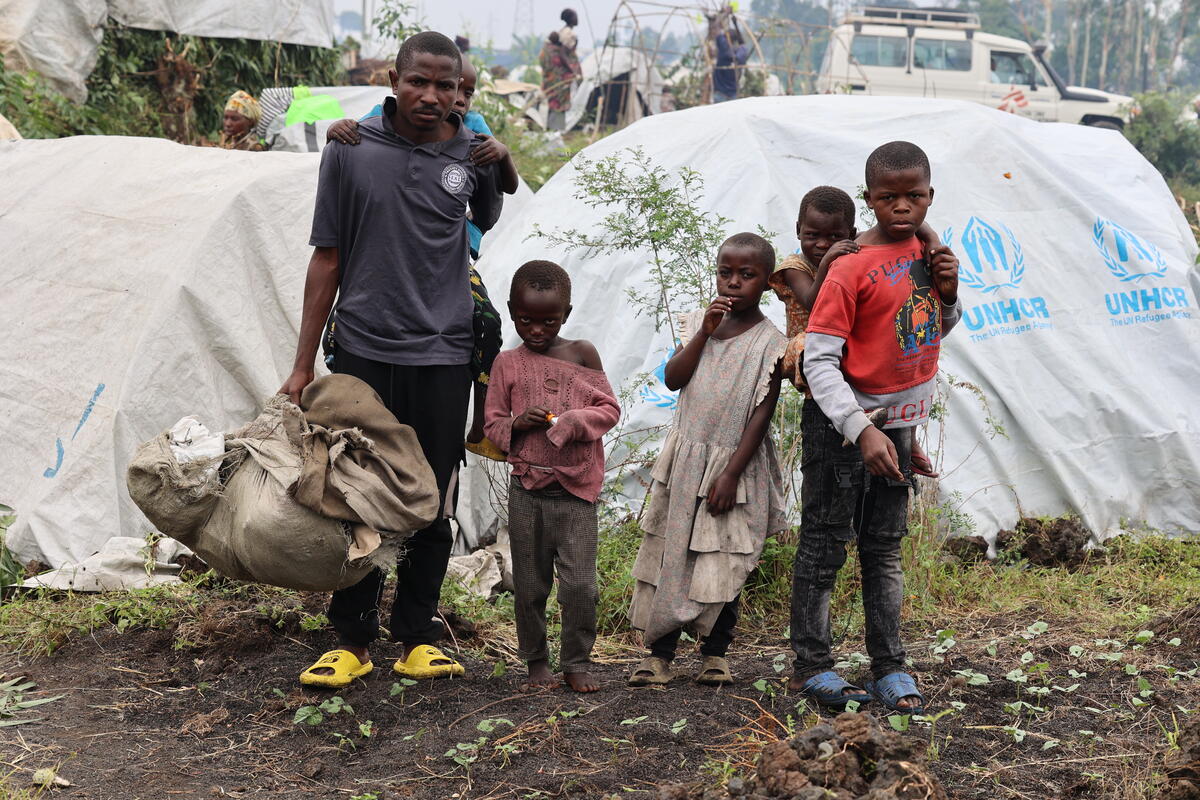UNHCR to start moving Congolese refugees from Burundi border
UNHCR to start moving Congolese refugees from Burundi border
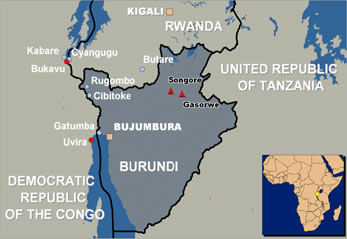
BUJUMBURA, Burundi, Aug 24 (UNHCR) - The first of some 20,000 Congolese refugees living near the insecure border of Burundi and the Democratic Republic of the Congo (DRC) are set to move to a camp further inside Burundi tomorrow.
The UN refugee agency plans to start relocating the refugees from Rugombo and Karurama transit centres in western Burundi's Cibitoke province to an existing refugee camp at Gasorwe in north-eastern Burundi on Wednesday.
UNHCR had transferred 212 refugees from the border area to Gasorwe camp in early August, after urging the Burundian government for months to find an alternative site for the refugees away from the volatile border.
A brutal massacre on August 13 at a third border transit camp in Gatumba killed some 160 people and left more than 100 in hospital, driving home the urgency of relocation.
Zobida Hassim-Ashagrie, the deputy director of UNHCR's Africa Bureau based in Geneva, flew to Burundi immediately after the massacre to make arrangements for the transfer of all refugees from the border area.
According to a UNHCR verification exercise in July, there are 19,429 Congolese refugees who arrived in Burundi's border area after fleeing fighting in the DRC's South Kivu region in June. They include 10,780 refugees at Rugombo transit centre, 6,882 at Karurama transit centre, and 1,767 at Gatumba transit centre.
UNHCR is launching an information campaign to persuade the refugees to relocate away from the border. However, many remain reluctant to move, especially those who survived the massacre at Gatumba.
"Some remain understandably and deeply affected by the horrific ordeal, and others are anxious about security at the new sites," explained UNHCR spokesman Ron Redmond Ron Redmond at a news briefing in Geneva on Tuesday. "Many have families in hospital and want to remain close to their loved ones."
The existing camp at Gasorwe can accommodate another 1,200 people. It already hosts 8,000 Congolese refugees from a previous influx.
In the meantime, UNHCR and its partners are readying two newly-allocated sites for the refugees at Gisozi in Mwaro province and Giharo in Rutana province, both in the east of Burundi. In addition to preparing shelter, food, water, sanitation and other services at the sites, the agency will have to take on the huge logistical task of transporting the equivalent of a small town across mountainous terrain.
On Sunday, the Netherlands Development Cooperation Minister, Agnes van Ardenne, and the EU Special Representative for the Great Lakes Region, M. Aldo Ajello, visited Gatumba with the UNHCR Representative in Burundi, Kaba-Guichard Neyaga, and UNHCR staff after meetings with the Burundian government. The delegation visited the scene of the atrocity; the schools next to a military base where the survivors are temporarily relocated, and the mass grave where the dead were buried last Monday. Members of the delegation laid a wreath at the graveside and observed a minute's silence. Ardenne strongly condemned the attack on behalf of the Netherlands government and the European community, and expressed her sympathy and condolences to the survivors.

